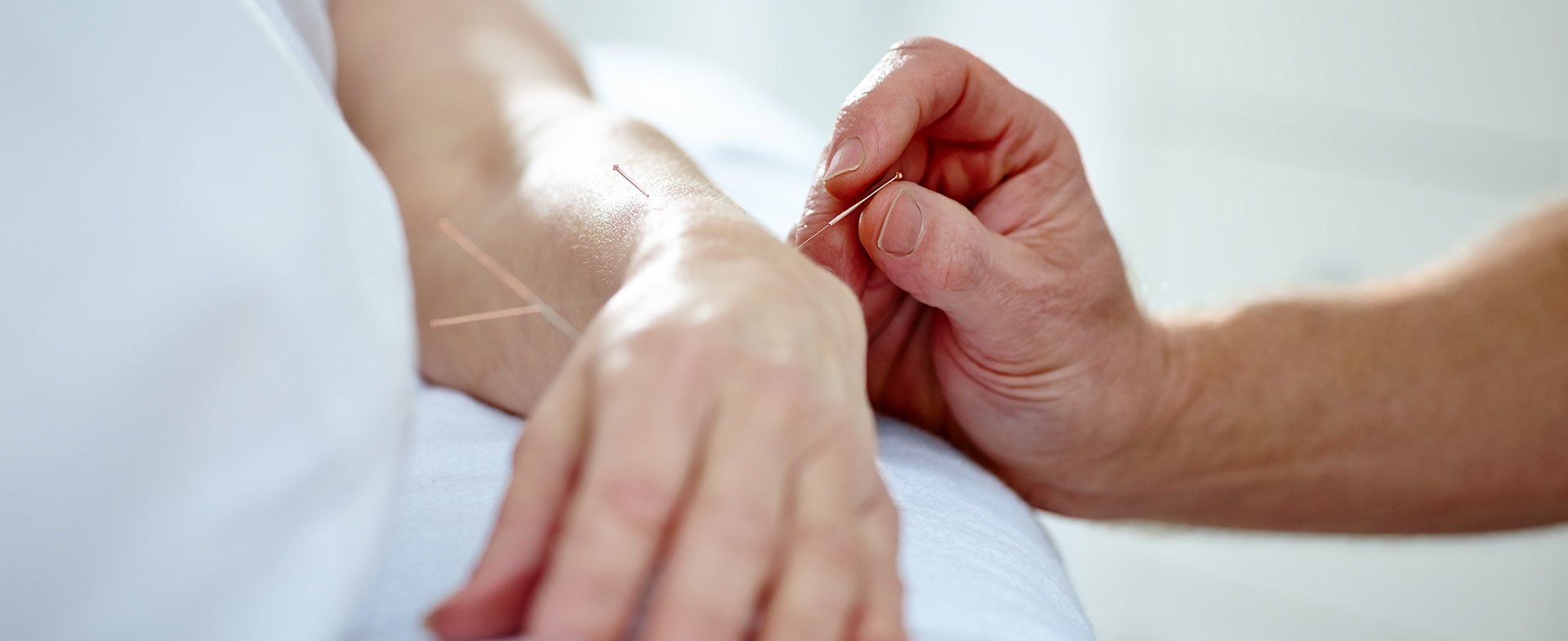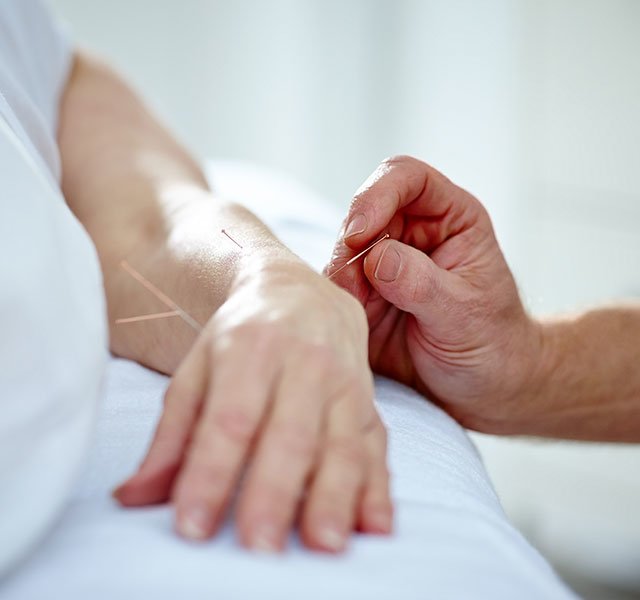If you suffer from peripheral neuropathy, you know the resulting pain and numbness can be almost unbearable. Walking, especially on hard, cold surfaces — like a tile floor — can feel like stepping on ground-up glass.
"With peripheral neuropathy, damaged nerves in the peripheral nervous system cause tingling, burning or even a lack of feeling in the hands and feet," explains Mathew Kulas, MA, RAc, an acupuncturist at Henry Ford Health. "For patients with peripheral neuropathy, the goal is to re-stimulate damaged nerve fibers and prevent them from dying off — that's where acupuncture can really make a difference."
Peripheral Neuropathy Explained
Peripheral neuropathy can affect different nerves, from the sensory nerves responsible for registering sensations (like hot, cold, painful and soft) to motor nerves that govern how you move. It can even impact the autonomic nerves that control your body temperature, heart rate and digestion.
"Peripheral neuropathy can result from traumatic injuries, infections, vitamin deficiencies or over-supplementation, autoimmune diseases, metabolic problems and exposure to toxins (such as chemotherapy drugs). But one of the most common causes is diabetes," Kulas says.
Symptoms vary from person to person, depending which nerves are affected. You might feel a gradual numbness and tingling in your feet or hands, which spreads into your limbs. You might experience sharp pain and sensitivity to touch, muscle weakness and paralysis or bladder problems and incontinence.
Acupuncture For Peripheral Neuropathy
According to traditional Chinese medicine, peripheral neuropathy happens when there's a blockage of energy (called qi) and blood in the body. If qi and blood don’t flow freely, our cells and tissues don't receive the nourishment they need.
"Acupuncture is really good at restoring blood flow and stimulating the body's nerve pathways," Kulas says. "It can also help with nerve regeneration and preservation. If there has been nerve damage or diminished sensation, we target treatment in these areas to re-stimulate those nerve fibers."
Indeed, studies show that acupuncture is an effective treatment for peripheral neuropathy, with fewer side effects than medications. The idea is to prevent disease by keeping the nerves active and engaged.
"With local needling around the fingertips, for example, we're able to stimulate blood flow to the capillaries, which in turn, makes the nerves work better," Kulas says.
Treating Peripheral Neuropathy
Many people who have peripheral neuropathy will improve over time, particularly with effective treatment of the underlying condition causing nerve problems. Unfortunately, other people have more persistent pain.
While medications can help manage symptoms of peripheral neuropathy, they do not stall the course of the disease — and some have nasty side effects. "Anyone with peripheral neuropathy should try acupuncture to get relief, particularly if medications and other strategies haven't worked," Kulas says.
The hitch: You might need multiple sessions before you notice improvement. A typical treatment course consists of weekly sessions for 6 to 10 weeks, followed by maintenance sessions beginning every other week and extending to once every month.
Learn more about acupuncture and other integrative medicine services at Henry Ford. To find a doctor or acupuncturist, visit henryford.com or call 1-800-HENRYFORD (436-7936).
Mathew Kulas, RAc, is a licensed acupuncturist and sees patients at Henry Ford Medical Centers located in Northville and Grosse Pointe Farms.



